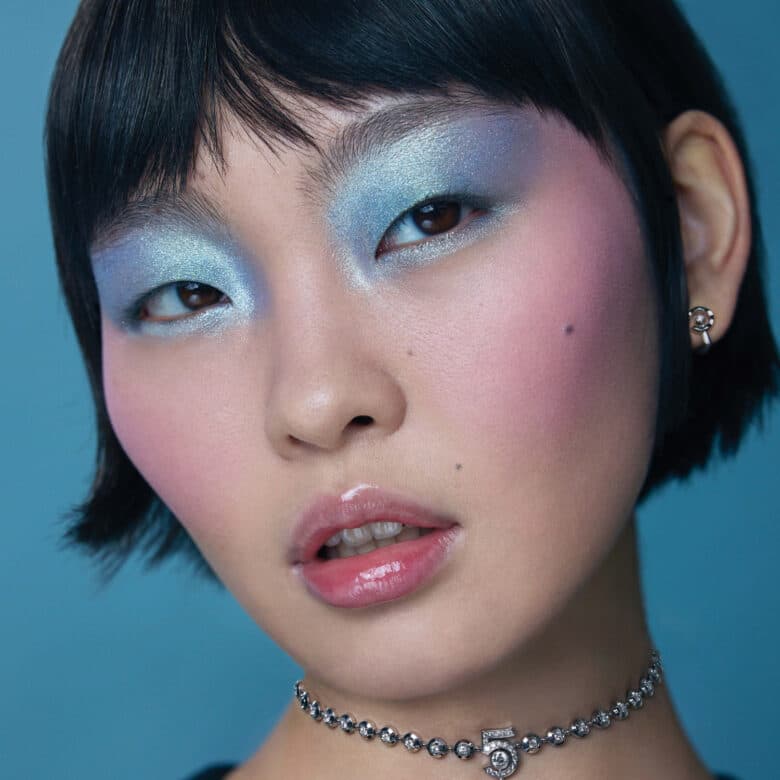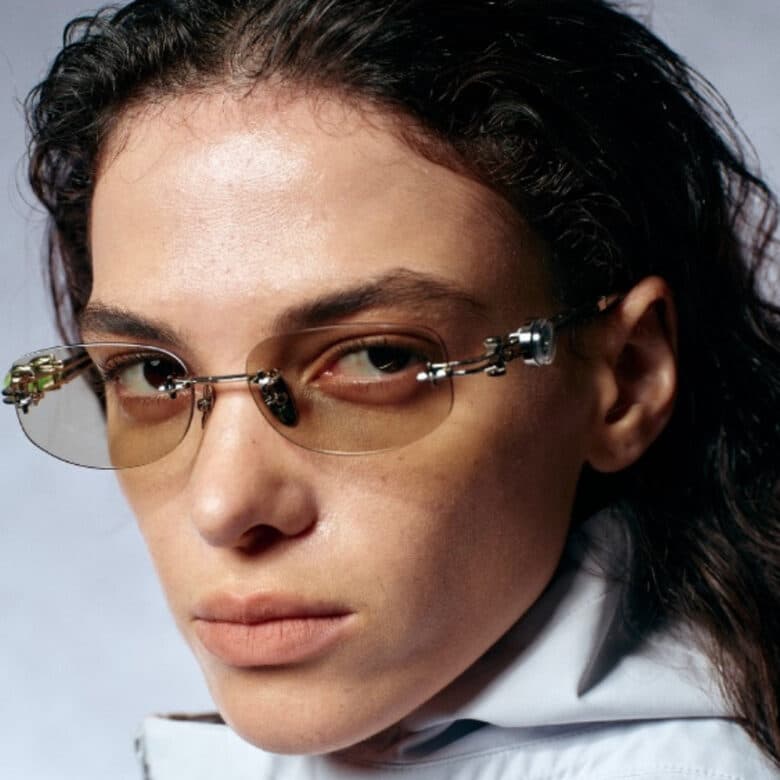Valee is quietly changing the rap game
“I didn’t have anything I wanted to do when I was little. I didn’t have anything I wanted to be when I got older. ” Valee is describing his childhood in Chicago, “I just wanted to ride my bike. No sports. Nothing with discipline or schedule.” We’re an hour into a film, photoshoot and interview and the Chicago artist is beginning to open up. “Whatever your parents didn’t want you to do, whatever they tried to take away as punishment, that’s what I wanted to do the most.” Becoming a rapper was never part of the plan.

Even after making beats as a teenager, Valee quit before he’d begun and made his money modifying cars and doing carpentry until, around five years ago, boredom brought him back around to music, “I was at home bored. I had nothing to do. I went out to buy a game system and came home with some music equipment. That’s when things changed and I started making music again.” Recording at his home studio in the Chicago loft he heavily altered himself, Valee began to develop his signature woozy trap sound.


Fast forward to last year when, in various ways, he was described by Kanye West, Rolling Stone and Genius as the most influential artist in hip-hop. On the surface, his flow is so laid-back it feels almost non-committal; a soothing murmur uttered over sparse, sophisticated beats. The resulting tracks are intoxicating soundscapes that inspired many imitations. 6ix9ine, Nicki Minaj and Tyler, the Creator have all been cited for mimicking his technique.

Accusations of plagiarism echoed across Twitter as Valee became the low key innovator credited with coining 2018’s defining vocal delivery. Throughout, he remained unmoved by the discourse, offering only minimal engagement with the debate, deflecting questions from interviewers by describing the imitators as simply motivation to make something new, “I never got mad or upset about it. It lets me know I’m doing something right,” he says with a shrug, basketball in one hand, blunt in the other, “I know I can just go into the studio and make something better.”











